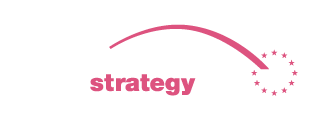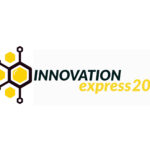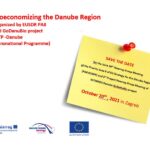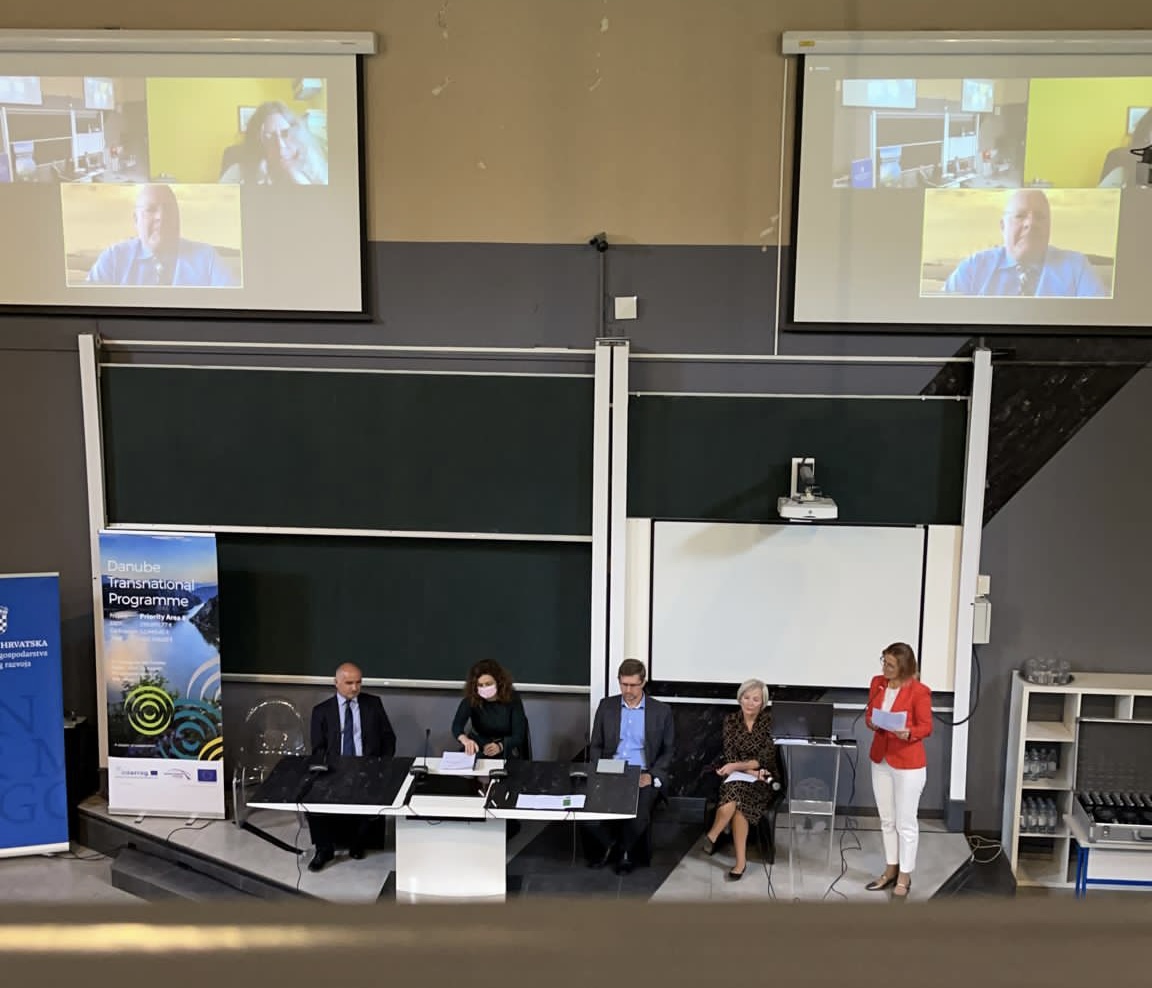Conference “Circular Economy – New Challenges for Plastics”, organized by the Ministry of Economy and Sustainable Development of the Republic of Croatia, the Croatian Chamber of Commerce and the Faculty of Chemical Engineering and Technology at the University of Zagreb was held on 22 September in a hybrid form.
The conference was attended by about 90 representatives of small and medium enterprises, business people, representatives of industry, the scientific community, as well as national policy makers. The aim of the conference was to familiarize small and medium enterprises with changes in legislation in the circular economy, more precisely in the segment of plastics, to show some good examples in this specific industry but also to present how this transitions towards circular economy can be achieved .
The introductory speeches were given by mr. Marko Markić, Director of the Directorate for EU Programs and Projects, European and International Affairs of the Ministry of Economy and Sustainable Development, ms. Marija Šćulac, Domac, director of the Sector for Industry and Sustainable Development of the Croatian Chamber of Commerce, and prof. Tomislav Bolanča, PHD; Dean of the Faculty of Chemical Engineering and Technology at the University of Zagreb..
Mr. Marko Markić said that the Ministry monitors European legislation, but also new trends in efforts to ensure sustainable growth and development based on efficient use of resources, circular economy, clean industries and new technologies. The Ministry has started drafting the National Plan for Industrial Development and Entrepreneurship, which will be based on the Croatian Development Strategy 2030 and the strategic goal “Competitive and Innovative Economy”, i.e. the development of a globally competitive, green and digital industry.
Mr. Markić also pointed out that through the Operational Program Competitiveness and Cohesion 2014-2020The Ministry has issued a total of 35 calls for grants worth 9.4 billion kunas.
Ms. Marija Šćulac Domac emphasized that the circular economy represents a great challenge for the economy and society as a whole.
“Changing habits must not be the responsibility of industry alone. Today, our landfills contain recyclable waste that is in demand on the market. This is a problem for those who generate waste, those who can reuse it, as well as those who are obliged to provide the preconditions for this to happen. Therefore, the Croatian Chamber of Commerce is committed to connecting everyone in the value chain in order to close the circle. At the same time, we should take into account that we will have to adjust the strategy to individual products because there is no single solution for everyone “, said Šćulac Domac.
Prof. Tomislav Bolanča, said that economic concepts such as Industry 4.0 and green technologies bring new benefits and opportunities for achieving sustainability.
He added that it is necessary to focus primarily on new business models, green and automated industry and smart cities. Resources that are in the spotlight but deserve even more attention are water and energy.
The conference was funded by the INTERREG Danube project, which finances the activities of the European Strategy for the Danube Region.





